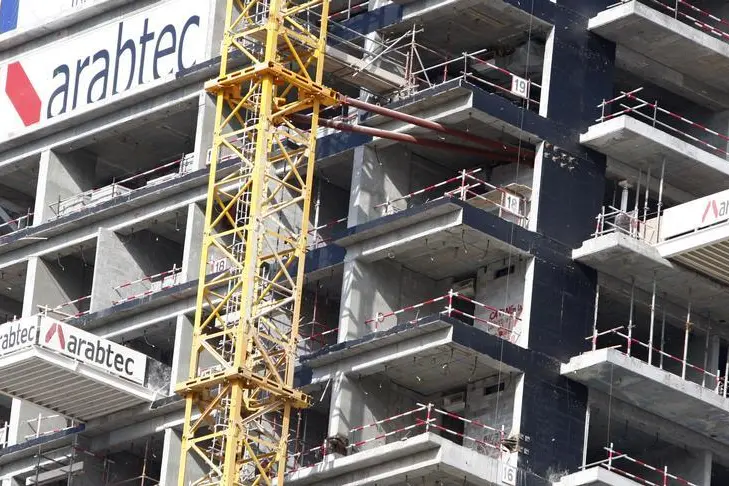PHOTO
DUBAI- Arabtec Holding and Trojan Holding have mandated Swiss bank UBS and Dubai-listed Shuaa Capital as advisers on a potential merger between the two United Arab Emirates construction firms, two sources with knowledge of the matter told Reuters.
Arabtec, which helped build the Louvre Abu Dhabi, said in September the two companies "commenced a review of the possibility of combining their construction businesses."
The Gulf construction sector has slumped since a collapse in oil prices four years ago forced governments to rein in spending, leading to a debt crunch at some companies that operate across the Middle East.
Switzerland's UBS are working with Arabtec, while Shuaa is working with Trojan, the sources said.
Arabtec, Trojan and Shuaa was not immediately available for comment, while UBS declined to comment.
Discussions began last week, they added. Should the talks succeed, the companies will start due diligence and a process for a potential merger, said one of the sources.
Trojan Holding, which own a number of construction companies including Trojan General Contracting, has worked on large contracts for developers including Aldar Properties, Emaar Properties, and Nakheel.
Arabtec Holding in November hired New York-based investment bank Moelis & Co (MC.N) to work on a new debt-restructuring plan.
The move came little more than a year after Arabtec raised 1.5 billion dirhams ($408.4 million) in a rights issue to wipe out accumulated losses and separately asked banks to waive terms on its debt.
The UAE, home to the world's tallest tower, the Burj Khalifa, has faced a sharp real estate slowdown due to oversupply and weaker investment appetite amid lower oil prices.
Dubai's residential property market was unlikely to see a meaningful recovery in 2021, S&P said in a report in February. Prices have fallen 25 percent to 33 percent in nominal terms since 2014, the report said, citing property consultancy Asteco.
S&P said it expected them to fall another 5-10 percent this year, meaning they would approach the lows reached in 2010, after the financial crisis.
(Reporting by Hadeel Al Sayegh, editing by Alexandra Hudson) ((Hadeel.alsayegh@thomsonreuters.com, +971566883310))





















